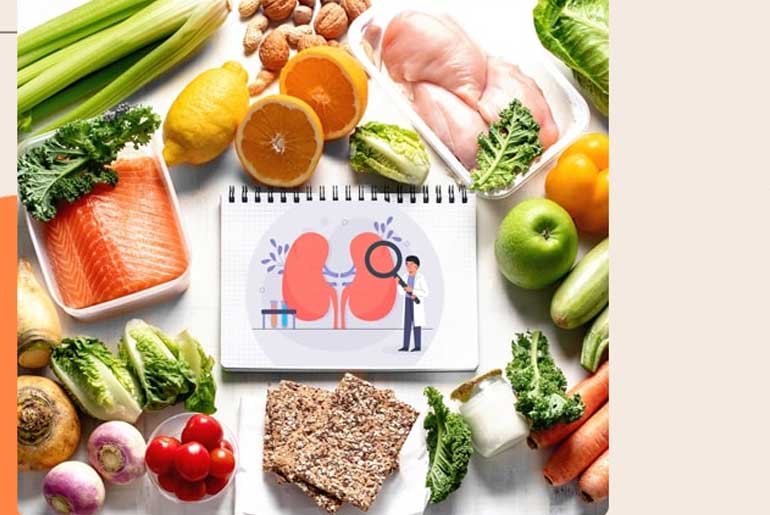Proper nutrition plays a crucial role in the treatment and recovery of tuberculosis (TB), yet it is often overlooked. Malnutrition weakens the immune system, making individuals more susceptible to TB and slowing down the healing process. A well-balanced diet rich in protein, vitamins, and minerals can help boost immunity and support the body in fighting the infection. Nutrients like vitamin D, zinc, and iron are particularly essential in TB management, as they aid in immune function and tissue repair.
Patients undergoing TB treatment should focus on consuming nutrient-dense foods such as lean meats, dairy, legumes, nuts, fruits, and vegetables. Hydration is also important, as well as avoiding processed foods and alcohol, which can interfere with medication effectiveness. By addressing nutritional deficiencies alongside medical treatment, TB patients can improve their recovery rates and overall well-being.
The Role of Nutrition in Tuberculosis Treatment
Nutrition plays a vital role in the recovery process for tuberculosis (TB) patients, as it helps strengthen the immune system and improves tolerance to anti-tubercular therapy. A well-balanced diet, rich in protein, vitamins, and essential micronutrients, is crucial in supporting the body’s ability to fight off the infection and repair damaged tissues.
Dietary Practices to Support TB Recovery
High Protein Intake
- TB patients require at least 1 gram of protein per kilogram of body weight per day to rebuild immunity and support healing.
- Non-vegetarians should include eggs, white meat, and fish, while limiting red meat intake to prevent increased uric acid levels, which can cause complications with TB medications.
- Vegetarians should focus on protein-rich foods such as green leafy vegetables, pulses, soya, and cottage cheese.
Vitamin and Micronutrient Support
- A natural diet rich in vitamins and minerals helps in better tolerance of TB medication.
- Special attention should be given to vitamin B6 (pyridoxine) supplementation, as TB medications like isoniazid can deplete this vitamin, leading to side effects such as nerve-related issues.
- Multi-vitamin tablets may be recommended to cover any deficiencies.
Frequent and Small Meals
- TB medications often cause nausea and reduced appetite, making it difficult for patients to consume large meals.
- Patients should be advised to have small but frequent meals throughout the day to meet their nutritional needs.
Avoiding Alcohol and Smoking
- Alcohol and smoking weaken the immune system and interfere with TB medications, reducing their effectiveness. Strict avoidance is essential during the treatment period.
How Nutrition Can Be Integrated into TB Treatment
- Protein supplementation: Providing TB patients with protein powders can help meet their increased protein requirements.
- Nutritional counseling: Patients should be educated on the importance of a high-protein, nutrient-rich diet to aid in faster recovery.
- Monitoring dietary intake: Regular assessments should be done to ensure patients are meeting their daily nutritional needs and adjusting their diet as necessary.
By incorporating proper nutrition alongside medical treatment, TB patients can improve their recovery outcomes, build immunity, and reduce complications associated with the disease.
Disclaimer:
The information contained in this article is for educational and informational purposes only and is not intended as a health advice. We would ask you to consult a qualified professional or medical expert to gain additional knowledge before you choose to consume any product or perform any exercise.






